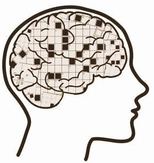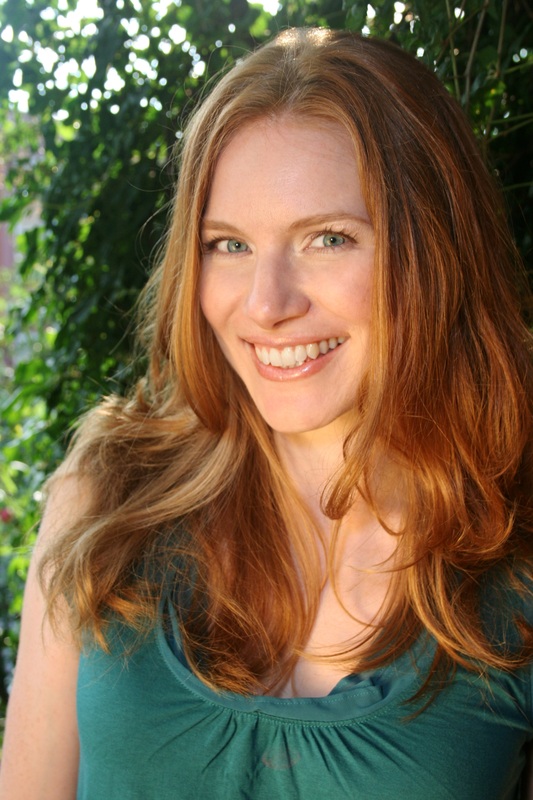 A quiet afternoon ski on Mont Royal.
A quiet afternoon ski on Mont Royal. I put on my runners, or in the winter, my cross-country skies, and I go for a long trek.
I don't know if it's the abundance of fresh air, the lack of other voices, the unobstructed views, or the lulling repetition of putting one foot in front of the other but before long the tight knots of the problem loosen and the answer I was seeking floats up into my mind. In the past, I've used this technique to work through creative writing problems -- primarily those that crop up when I'm working on a personal essay -- but I've discovered recently that it applies to solving and setting cryptics, too.
The New Yorker ran a piece about this phenomenon in 2012 in an article entitled "The Virtues of Daydreaming". In it, psychology professor Jonathan Schooler of the University of California at Santa Barbara is quoted as saying that "if you’re trying to solve a complex problem, then you need to give yourself a real break, to let the mind incubate the problem all by itself."

What is your brain like on cryptics?
When a puzzle has you stumped, how do you get "unstuck"?
And do you ever use puzzles as a welcome distraction?

 RSS Feed
RSS Feed
